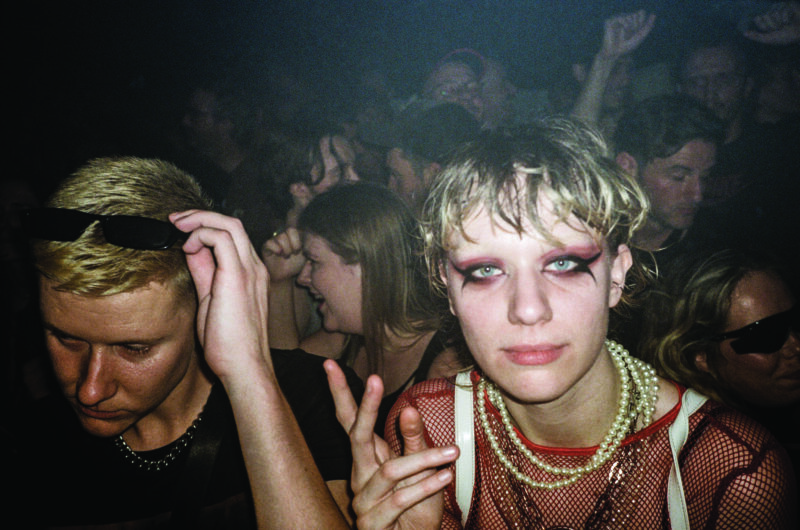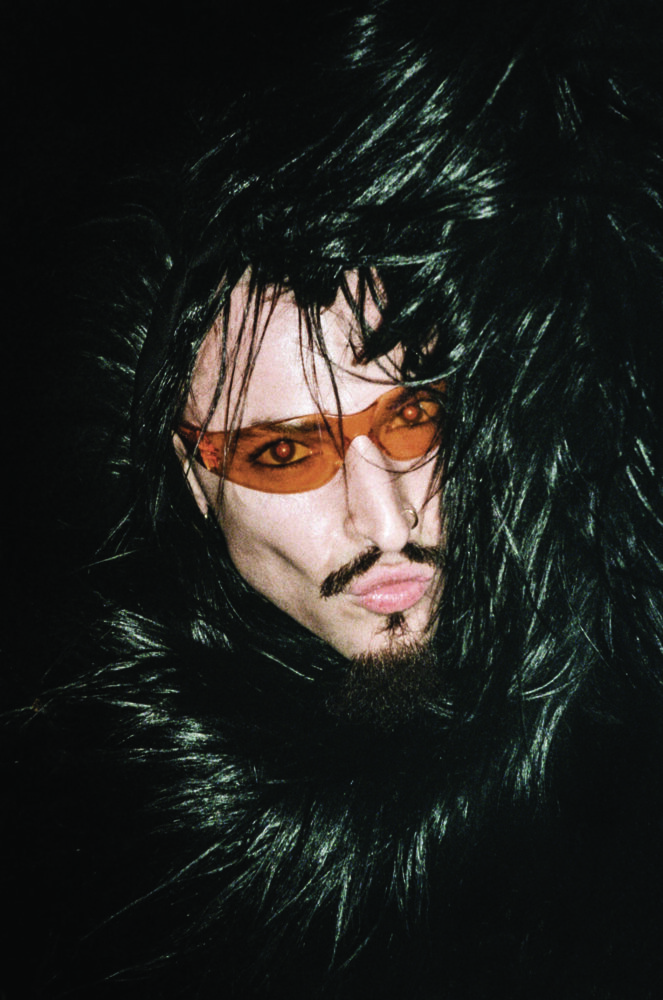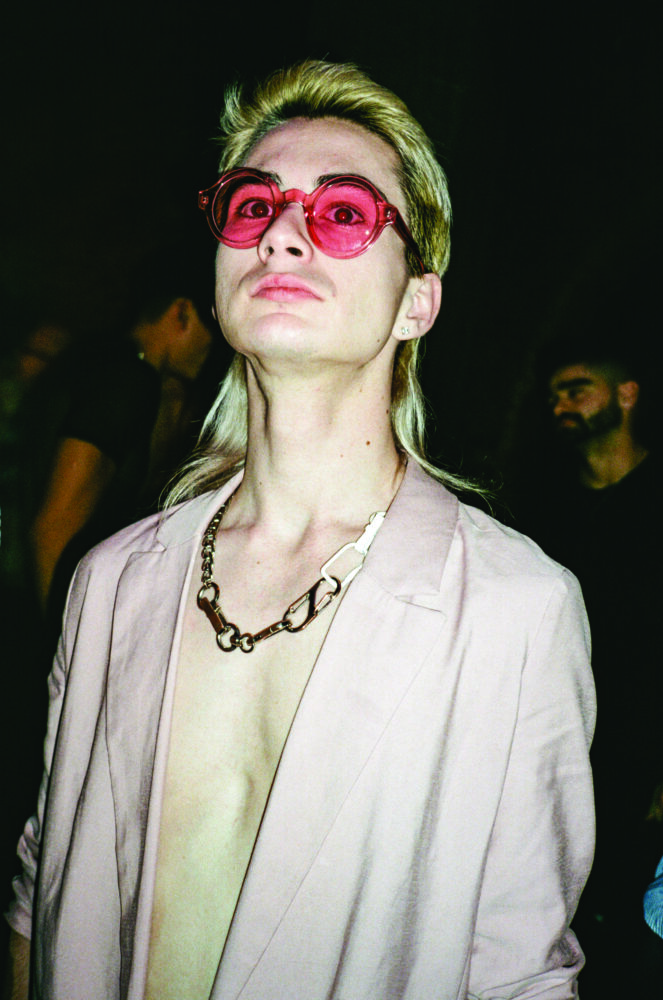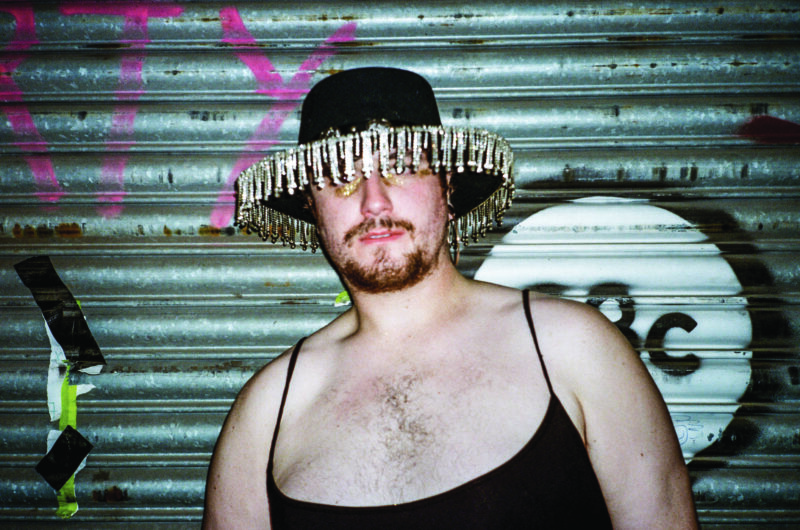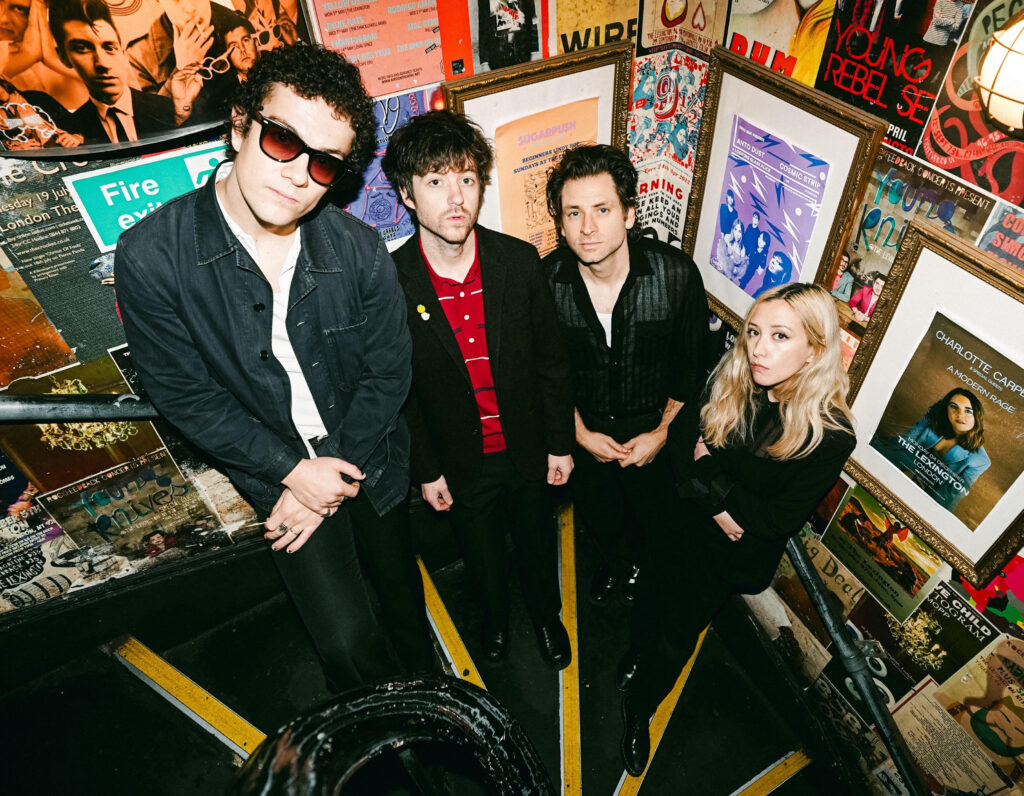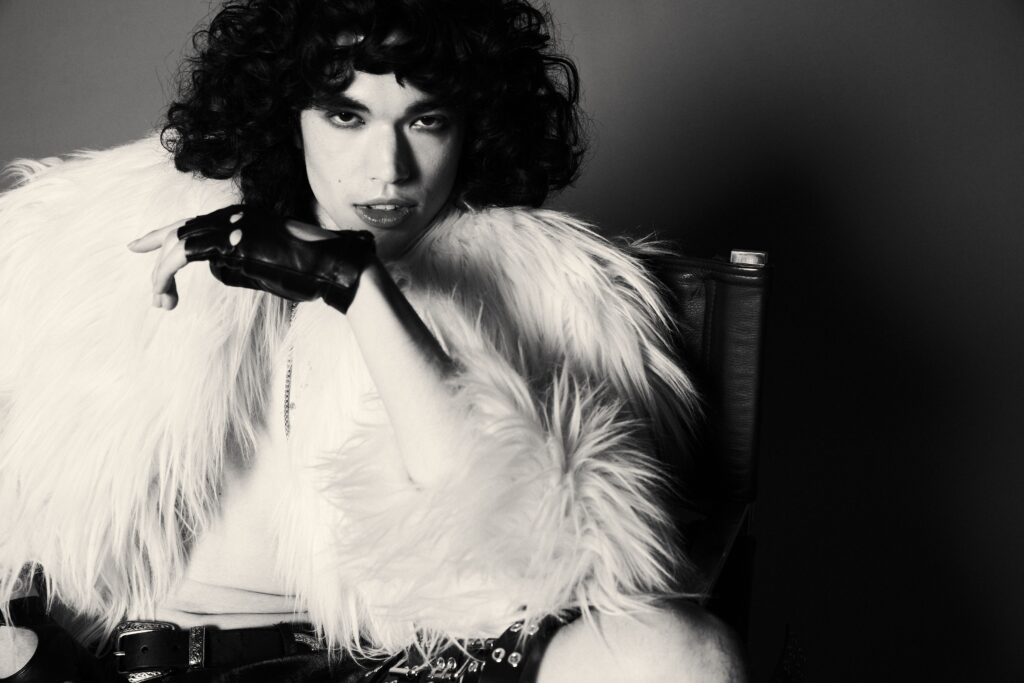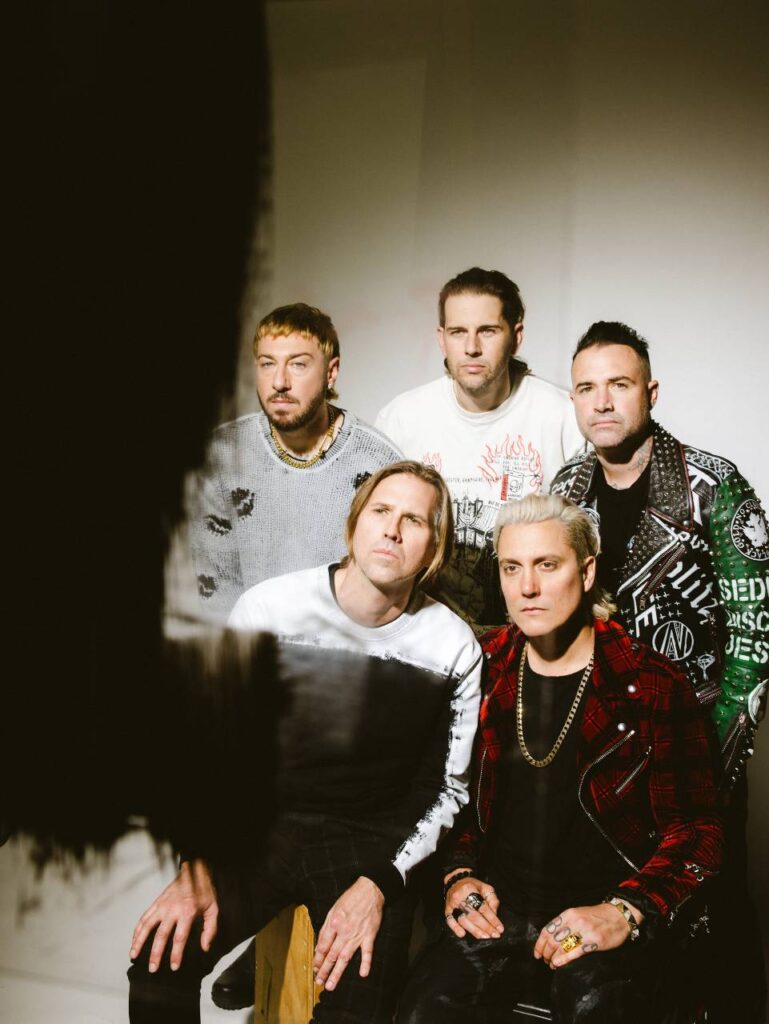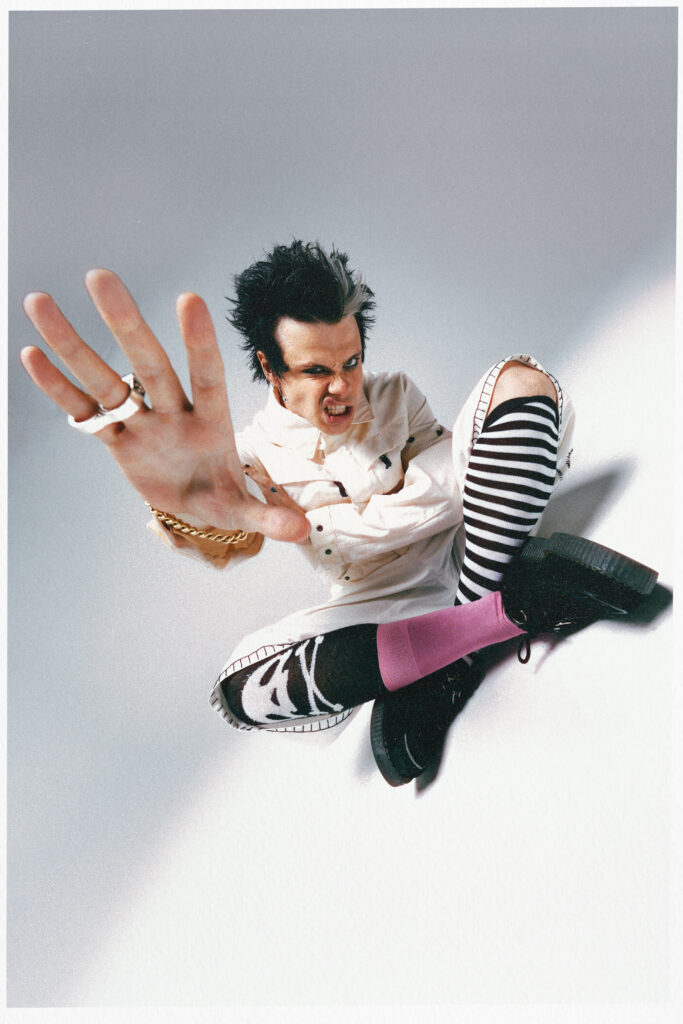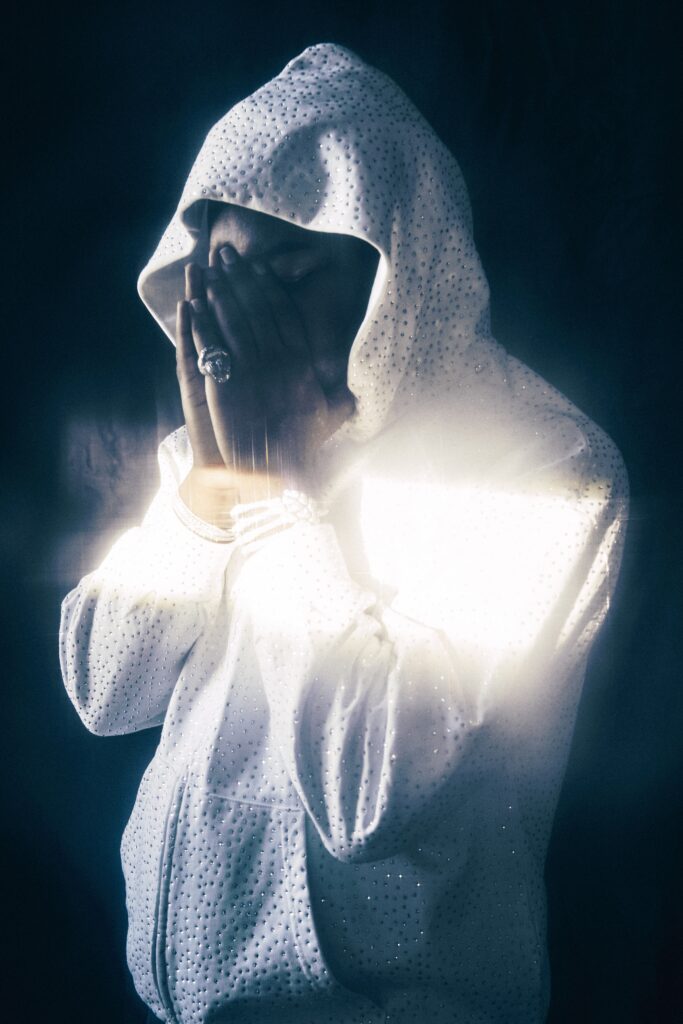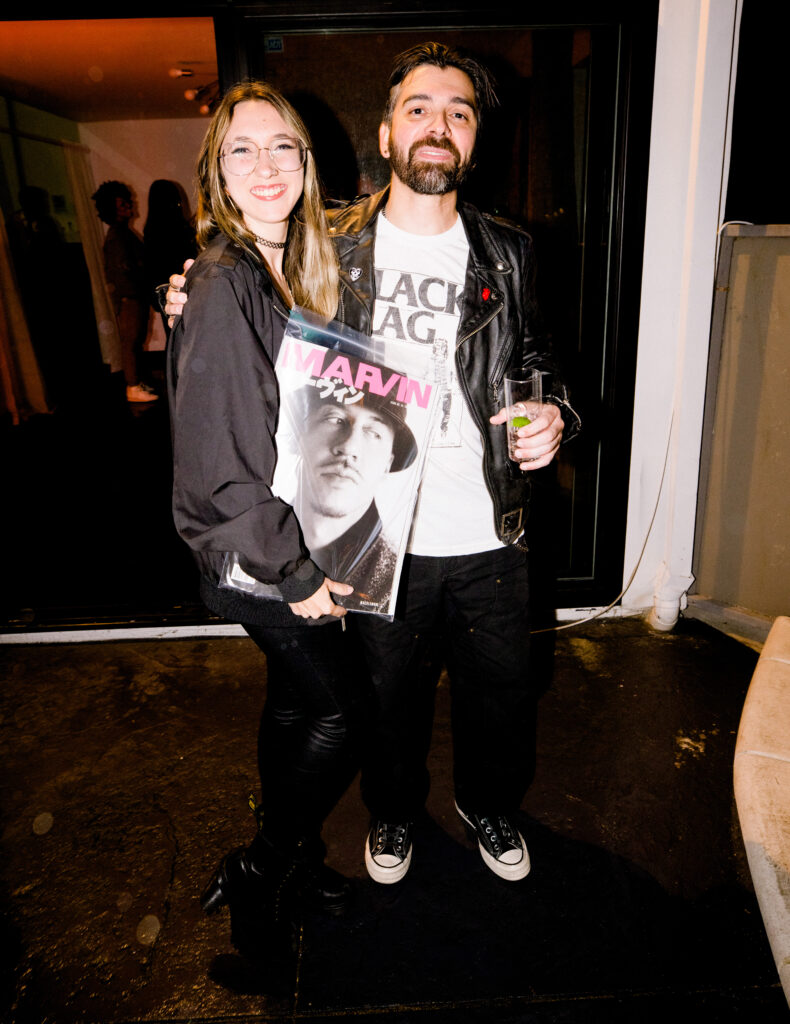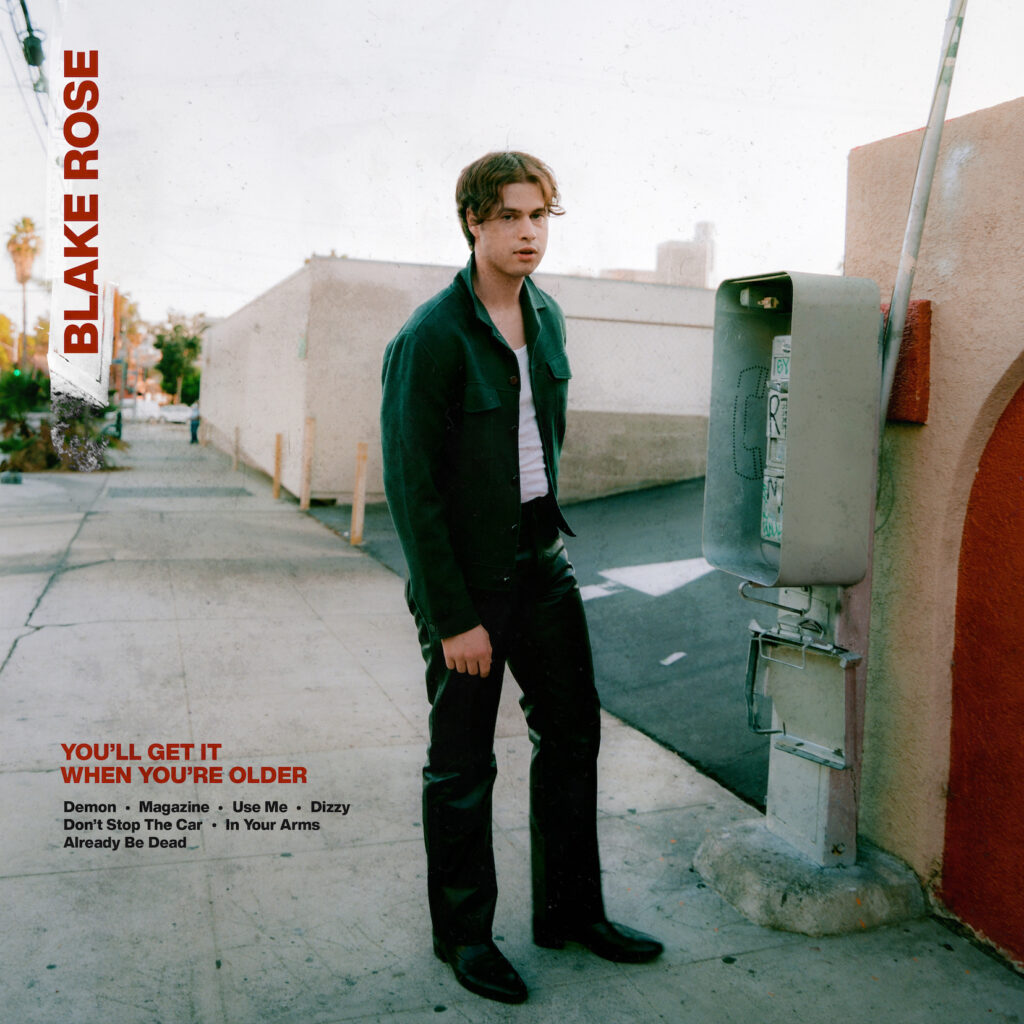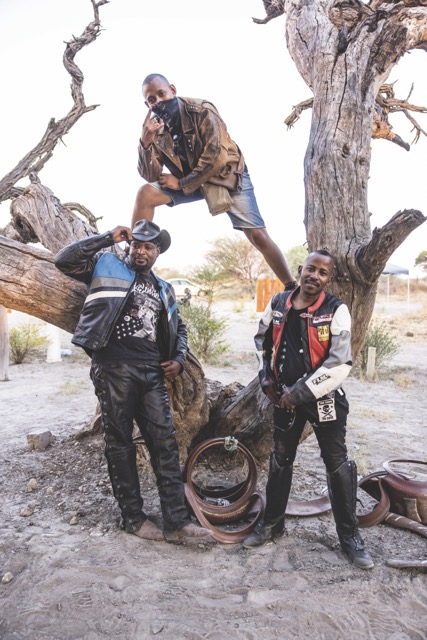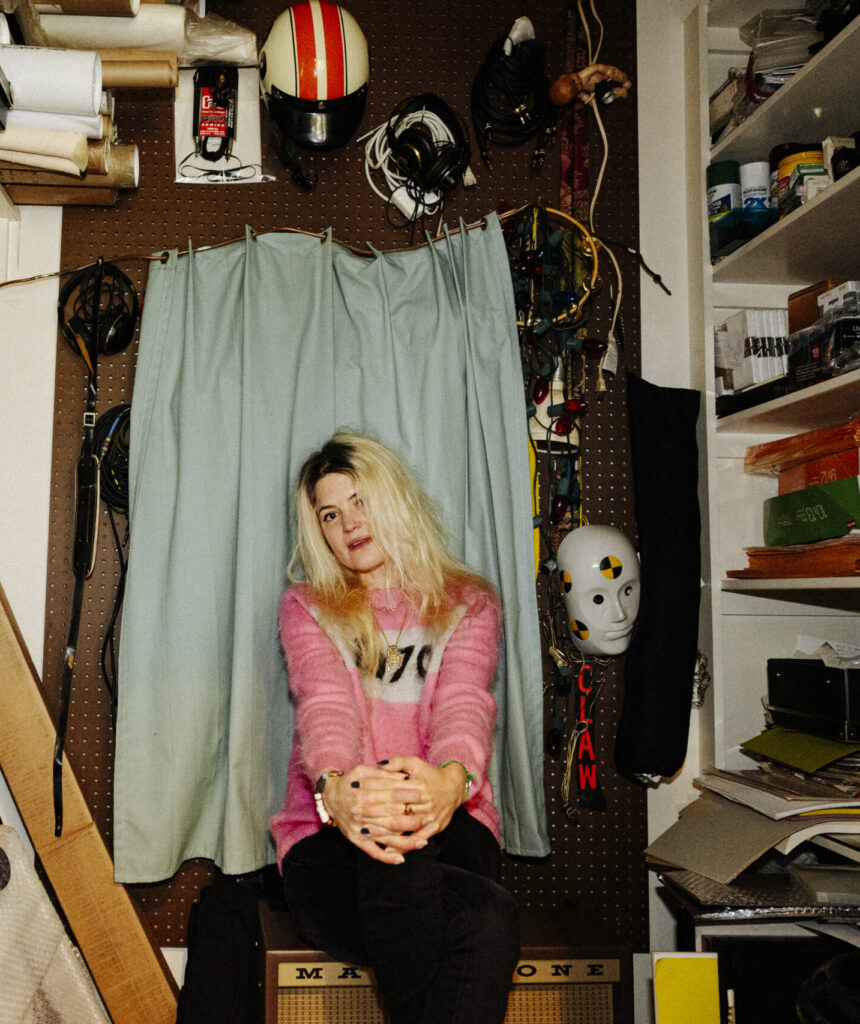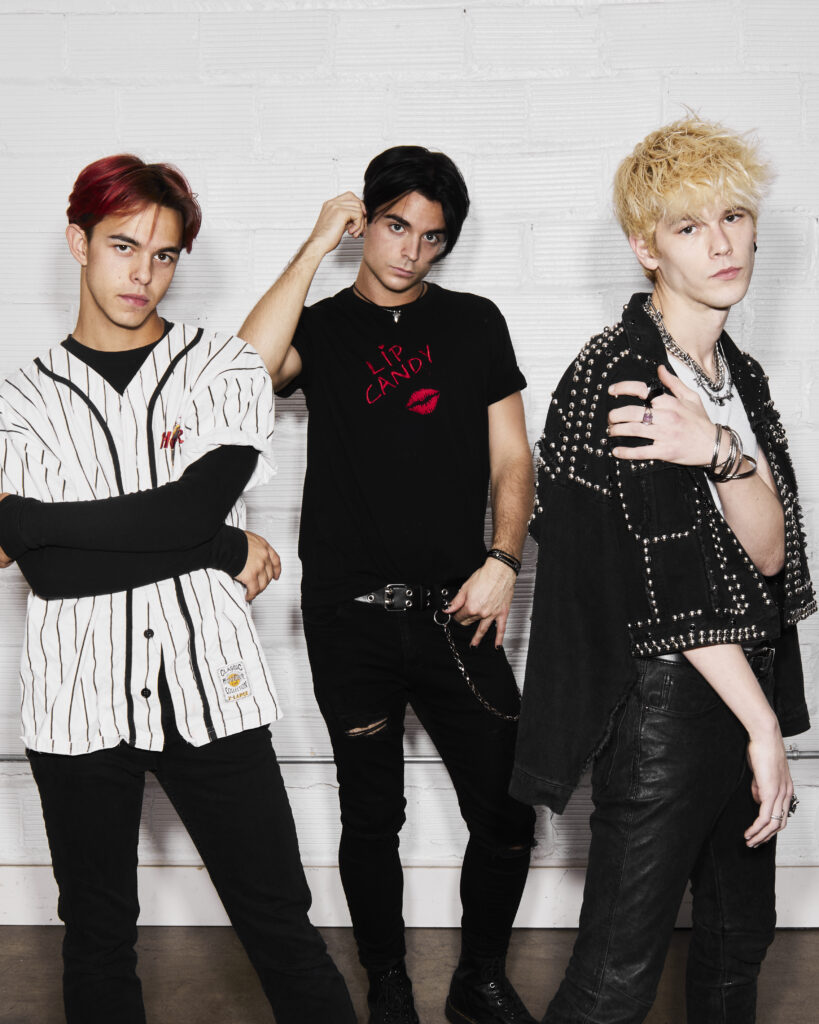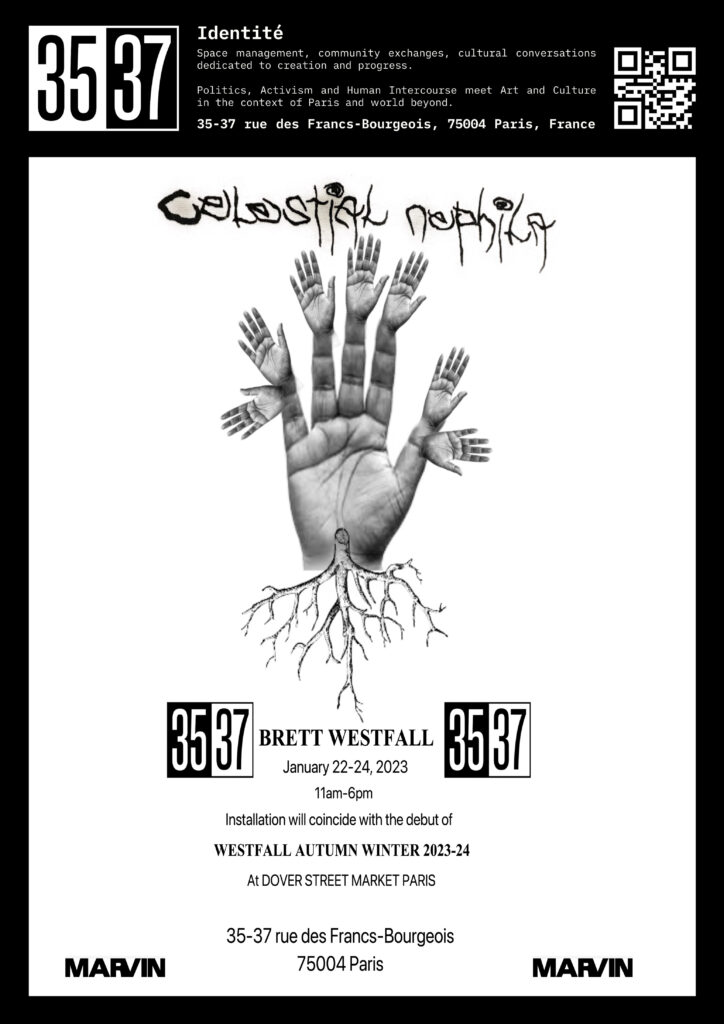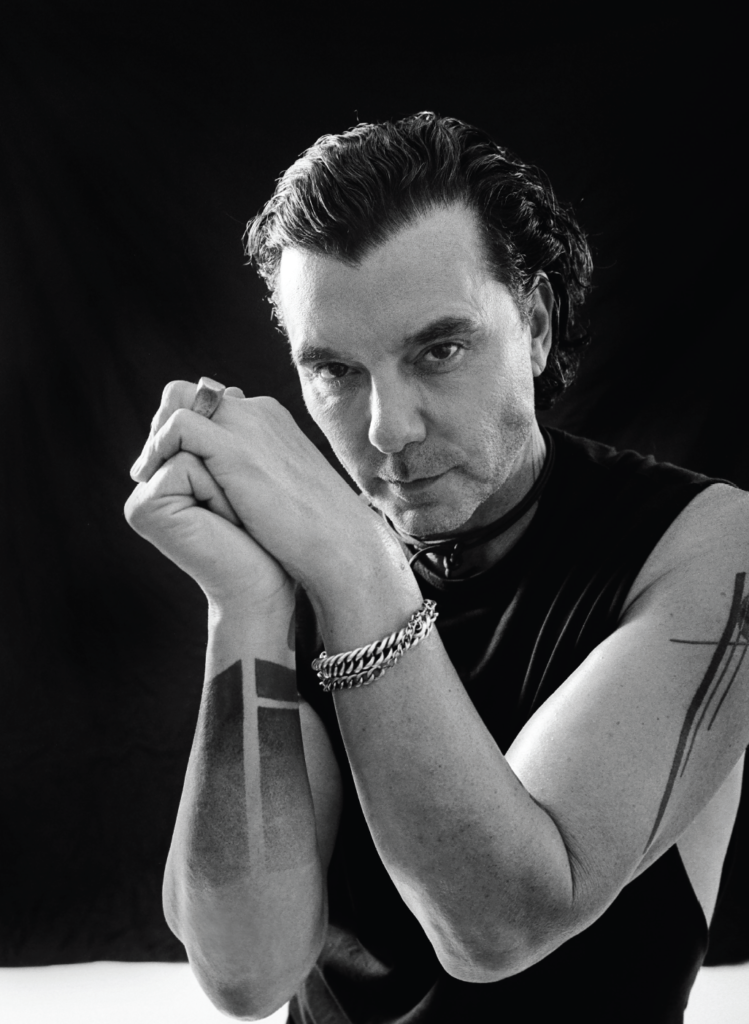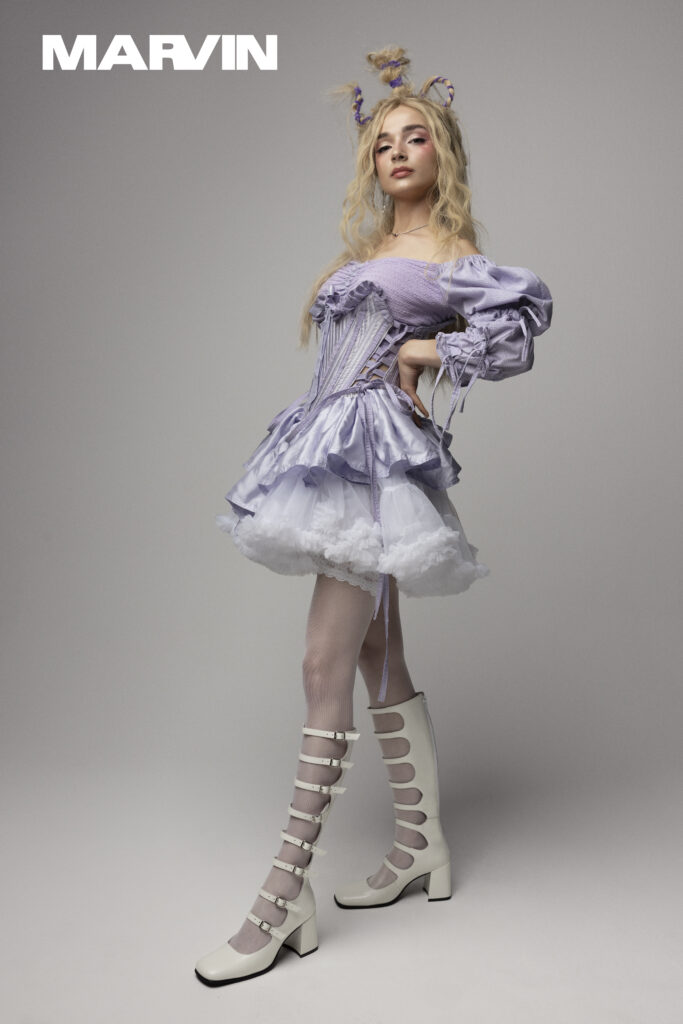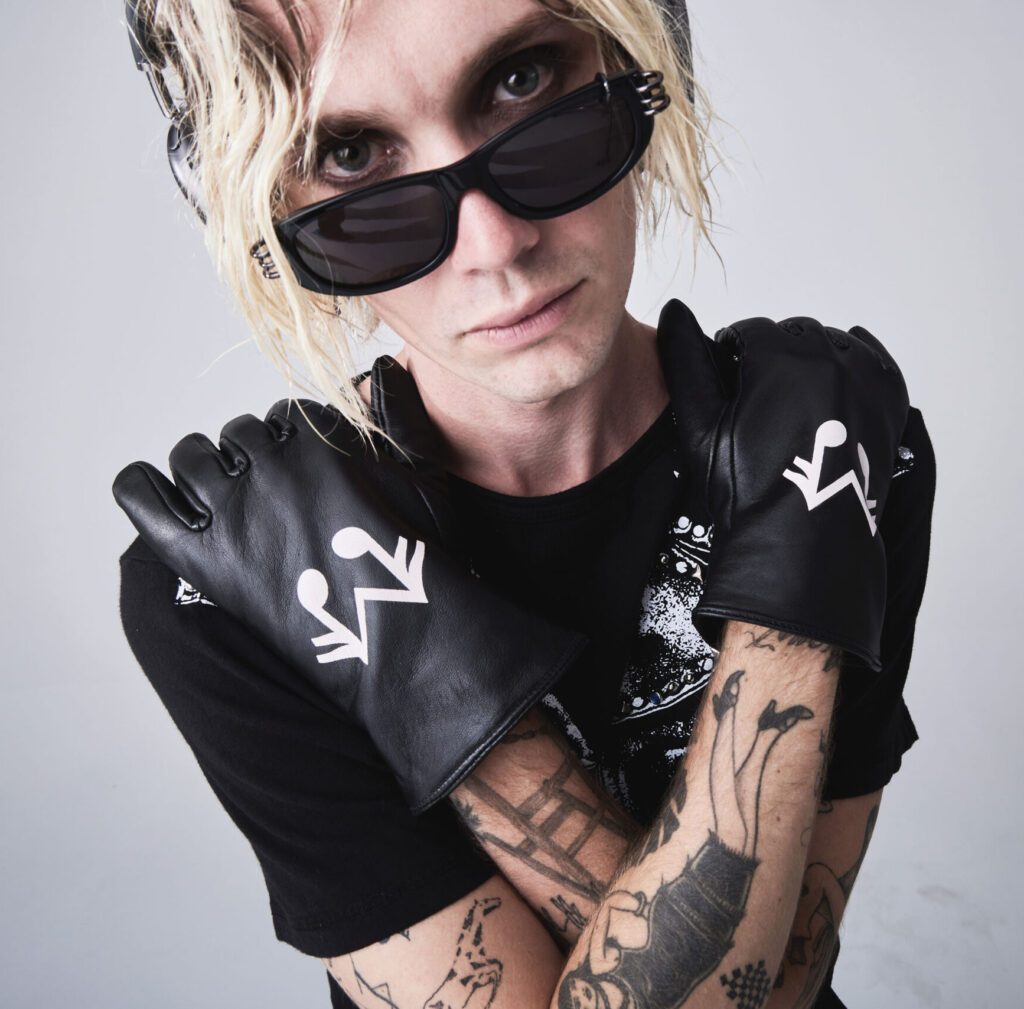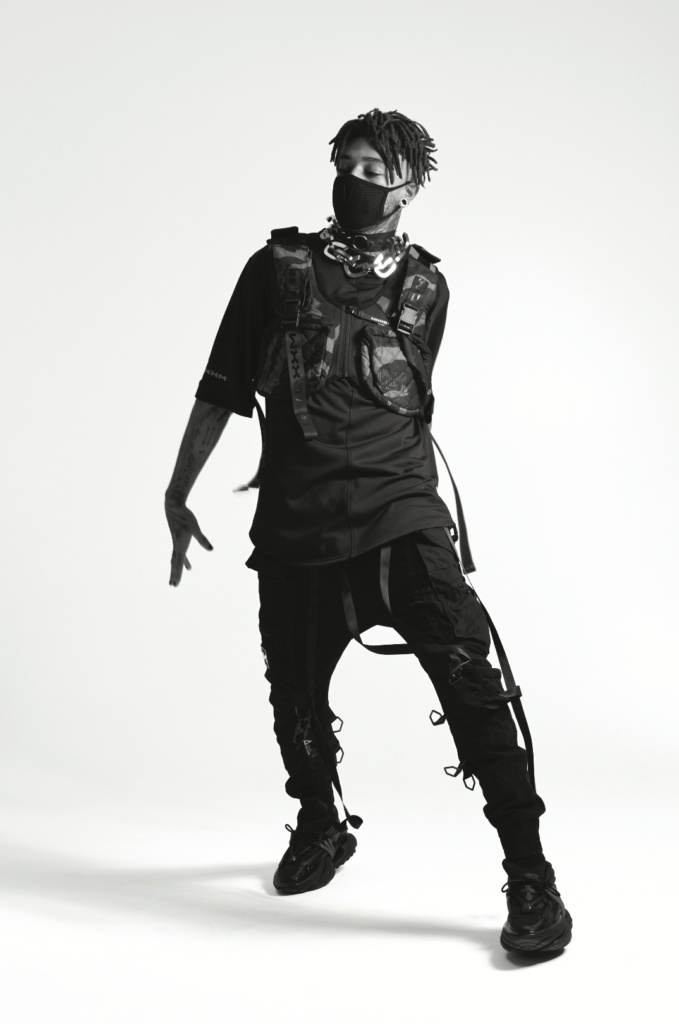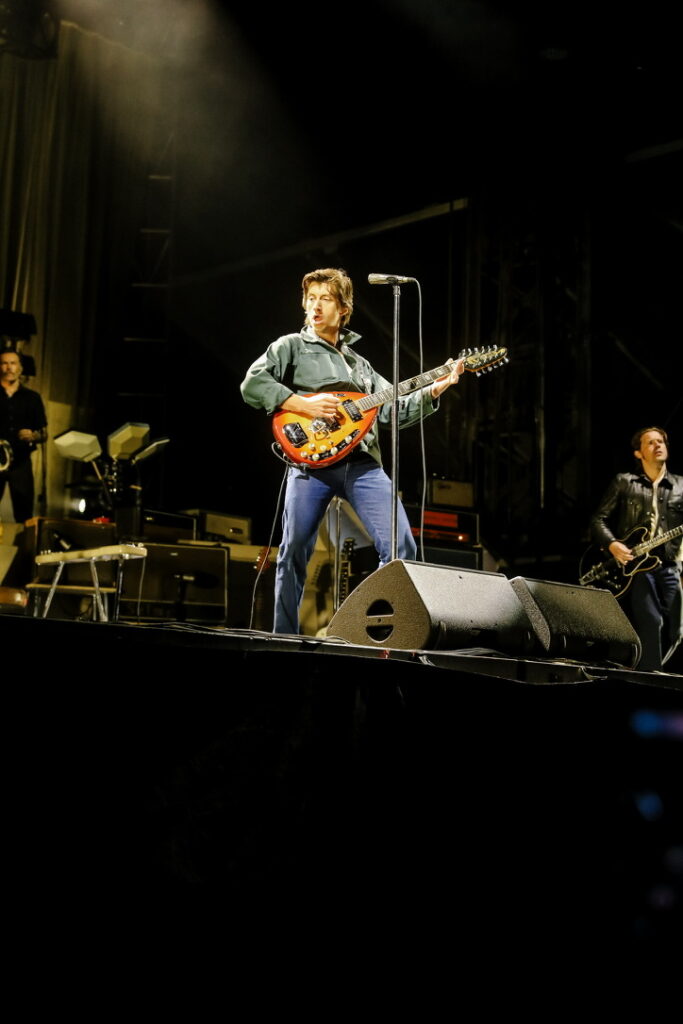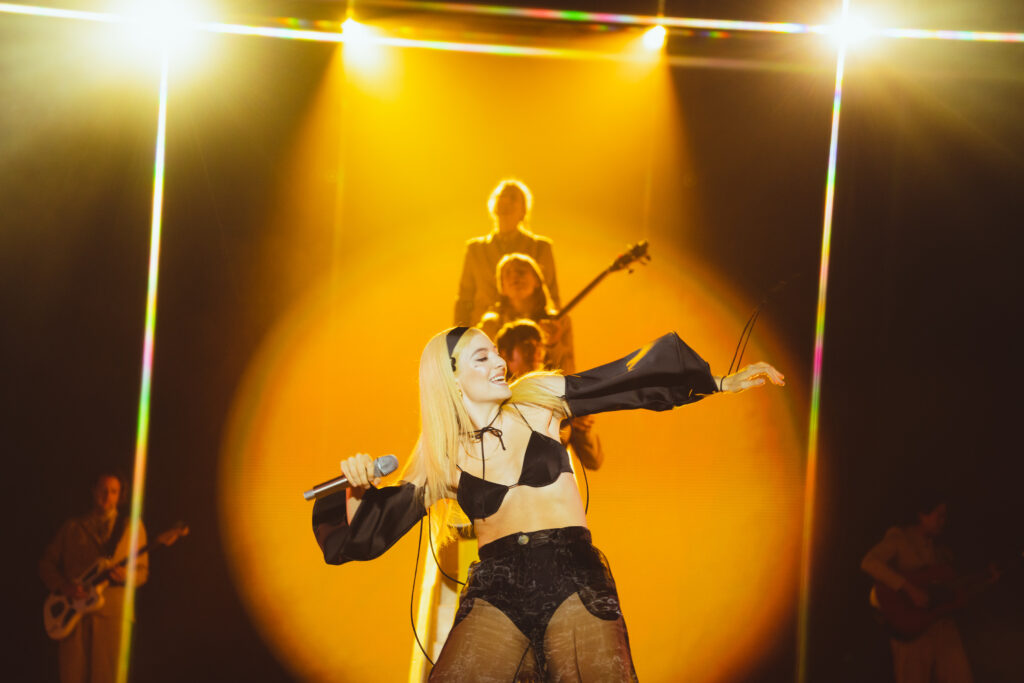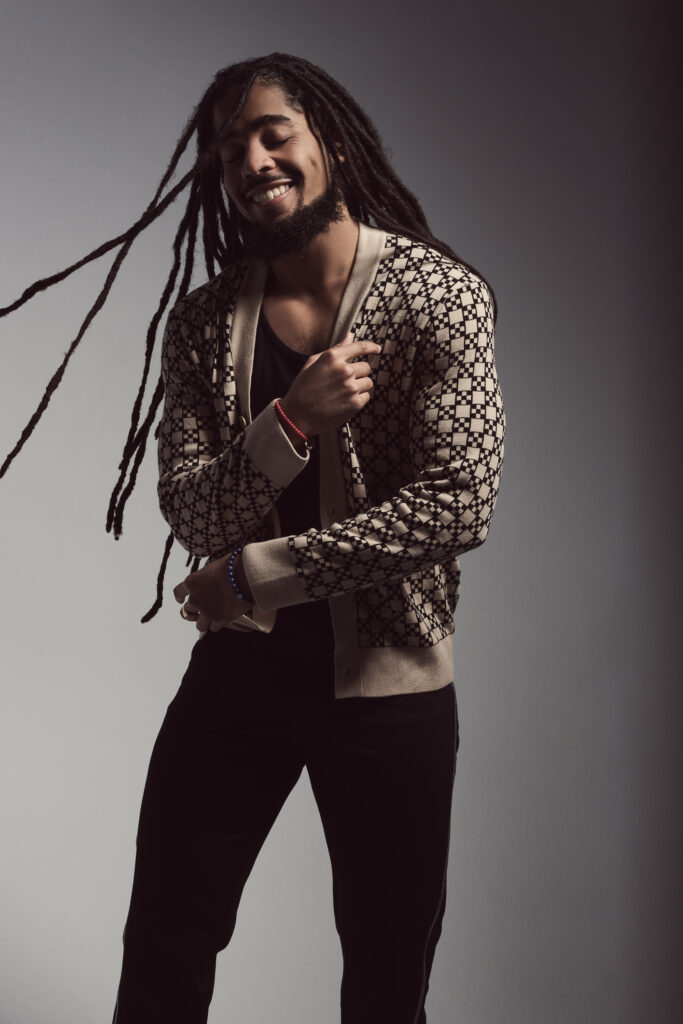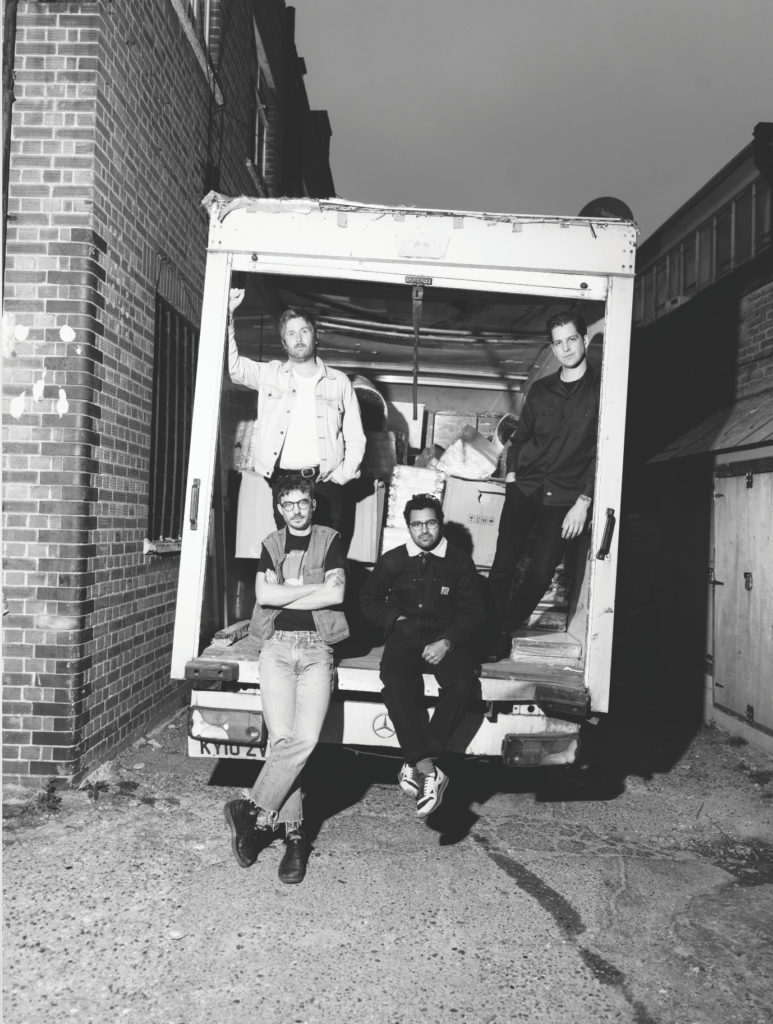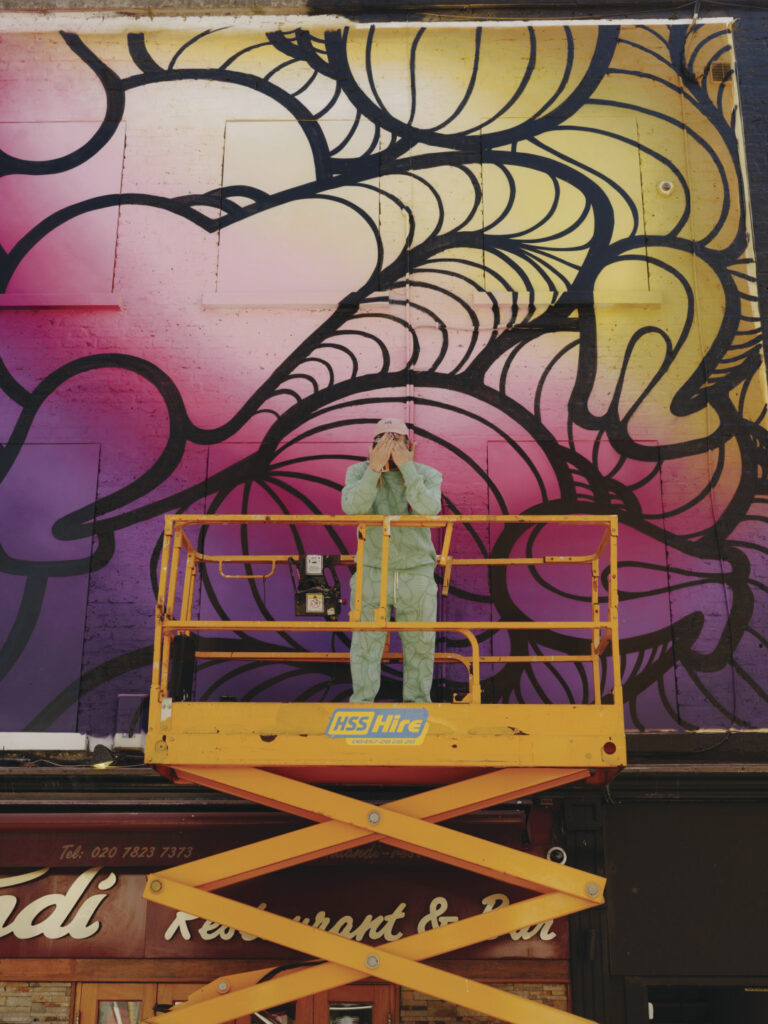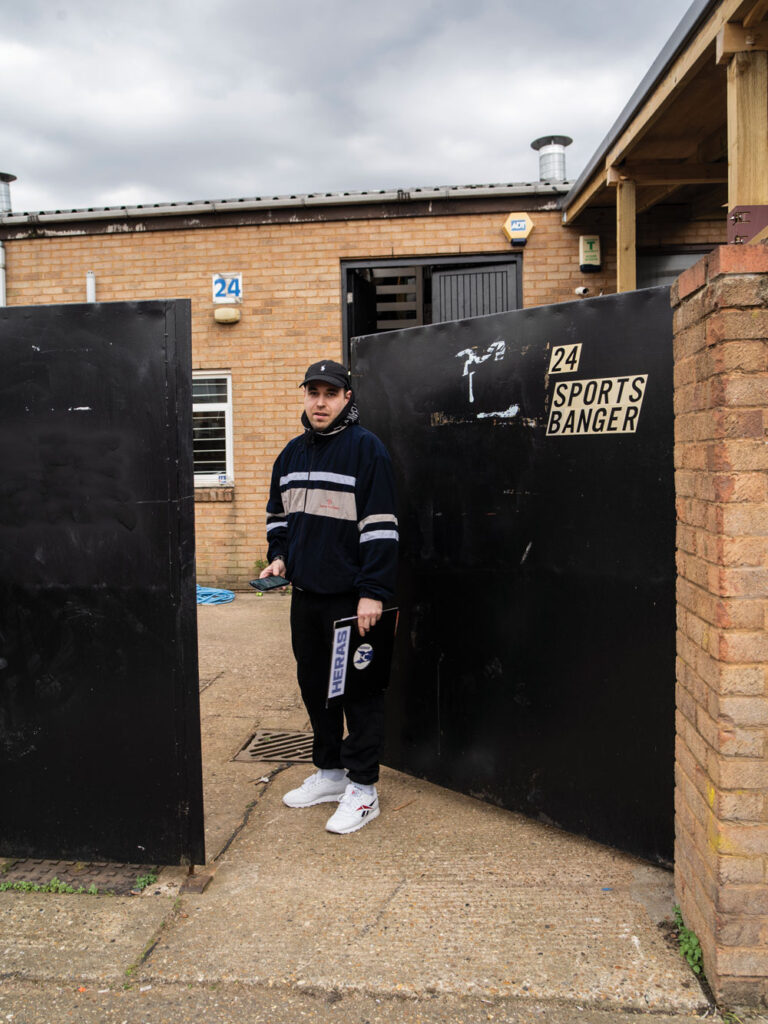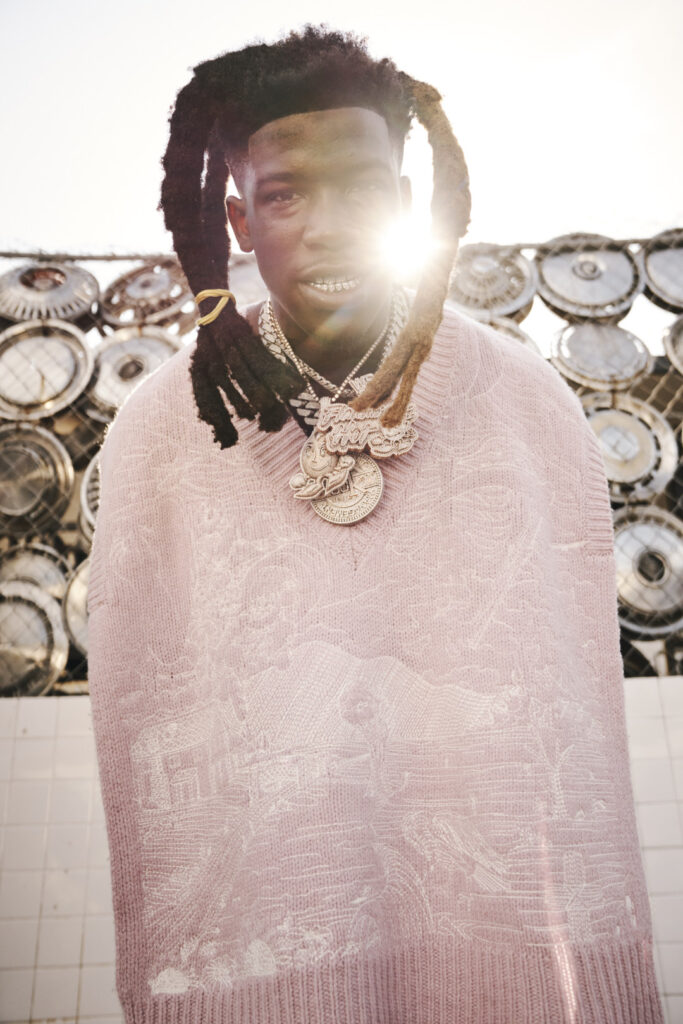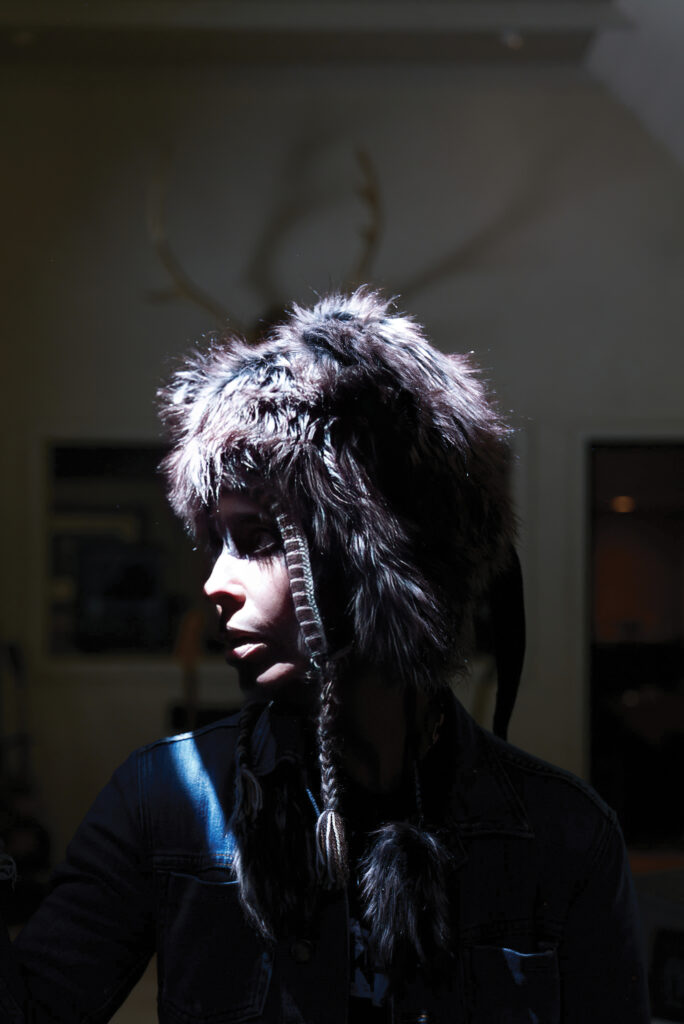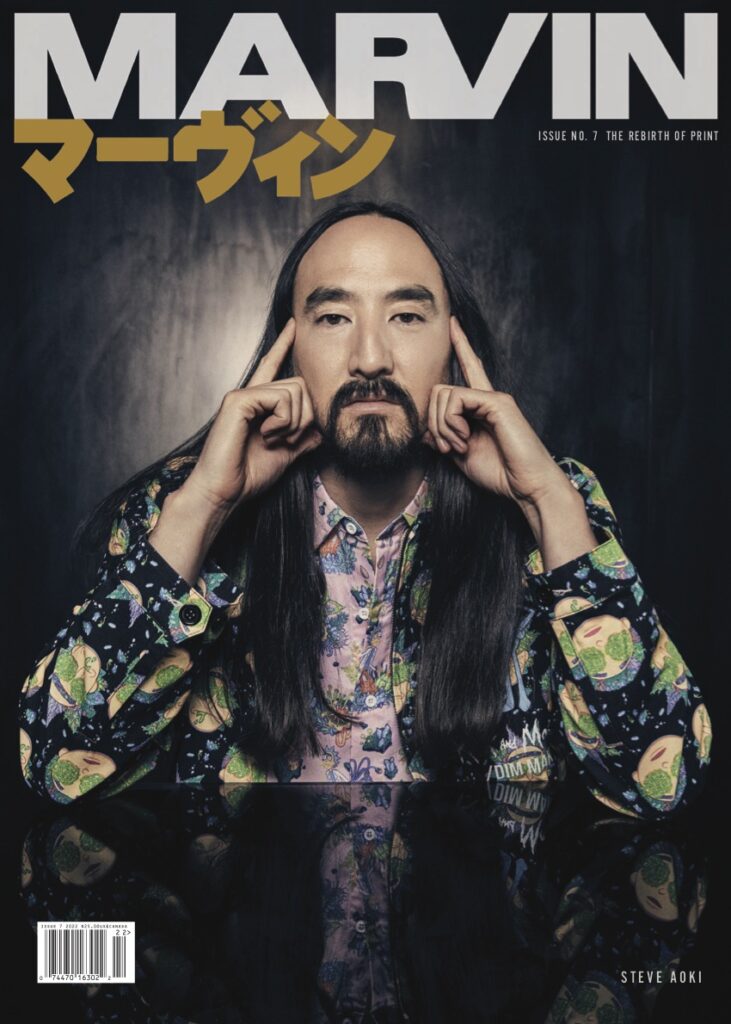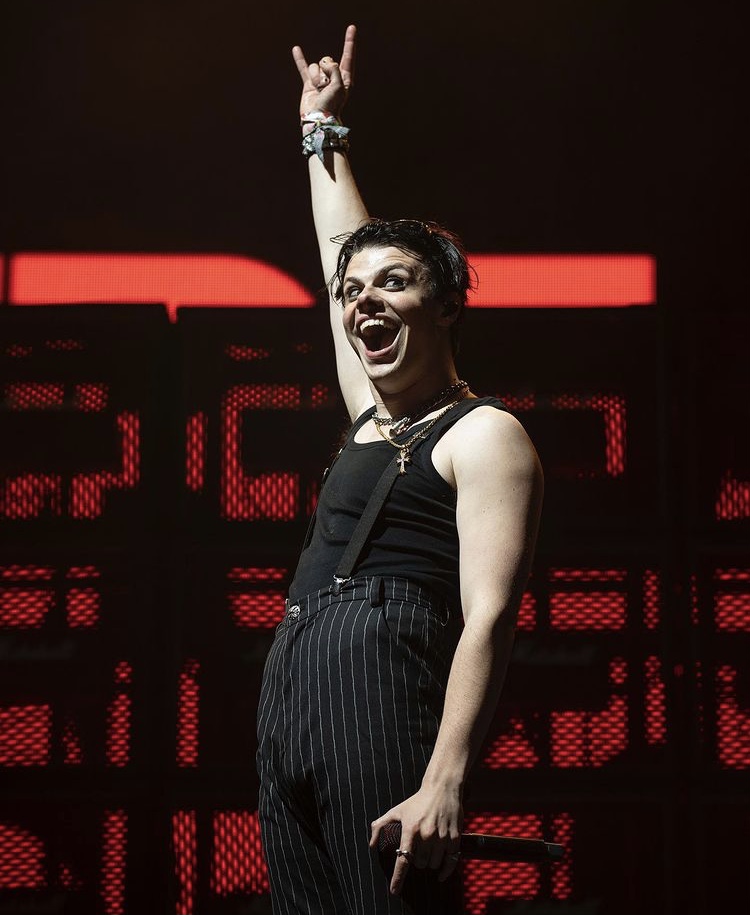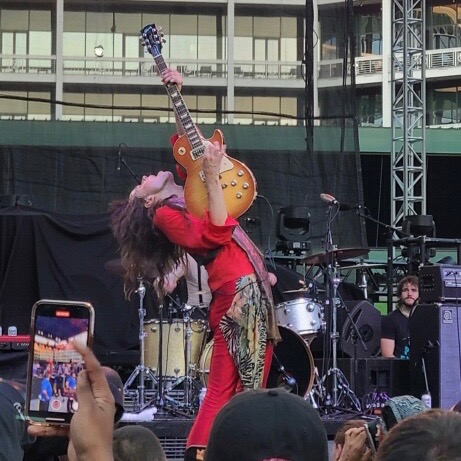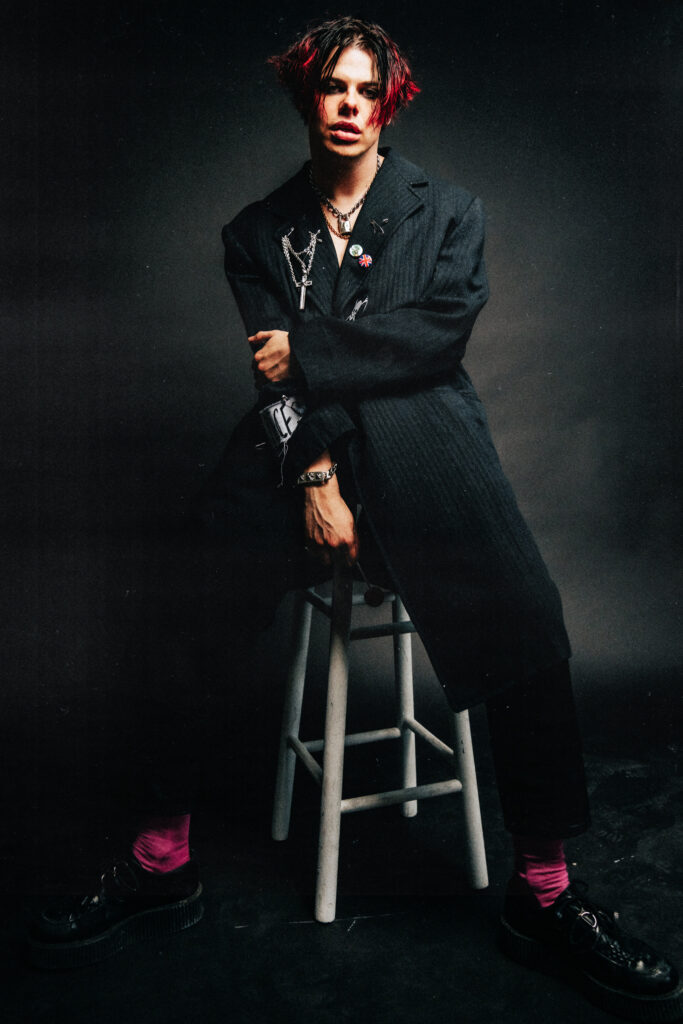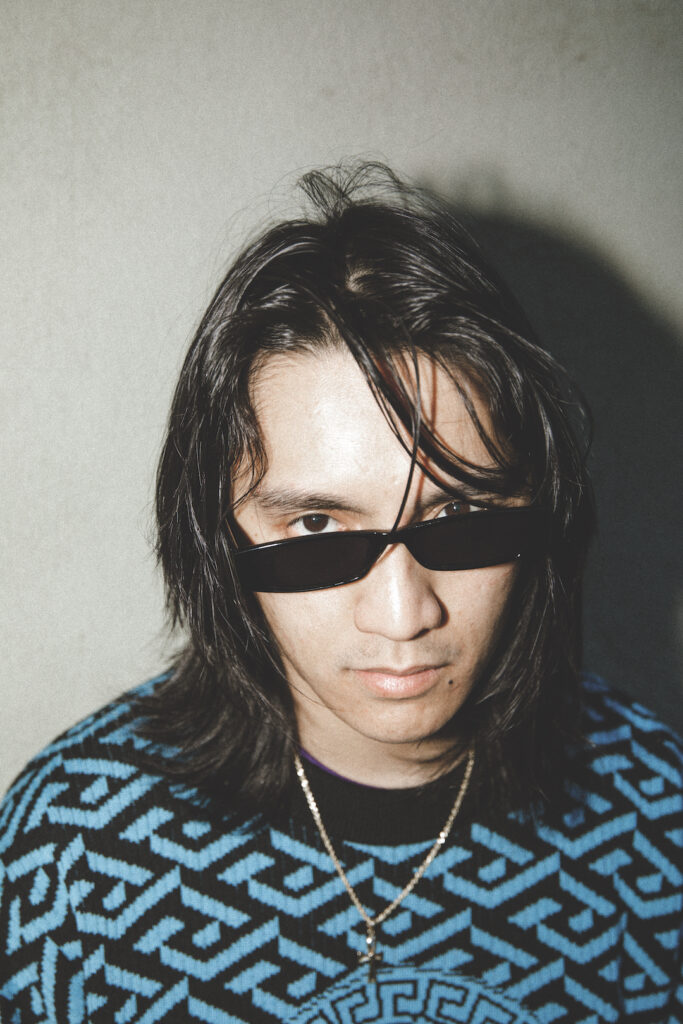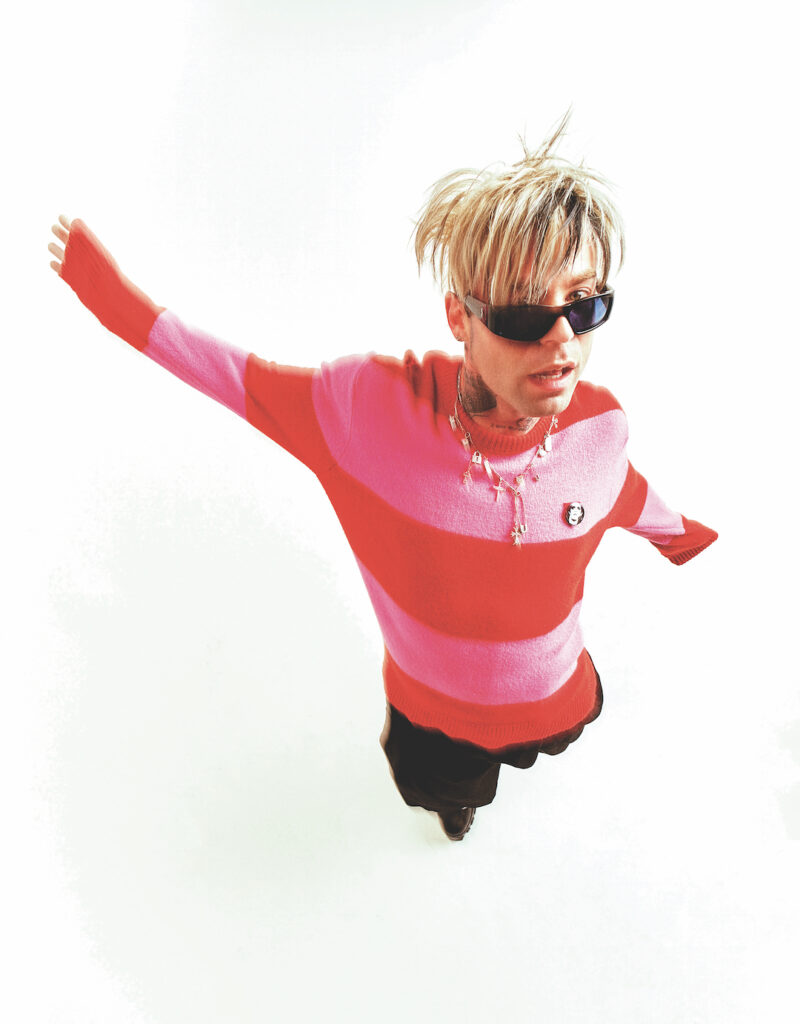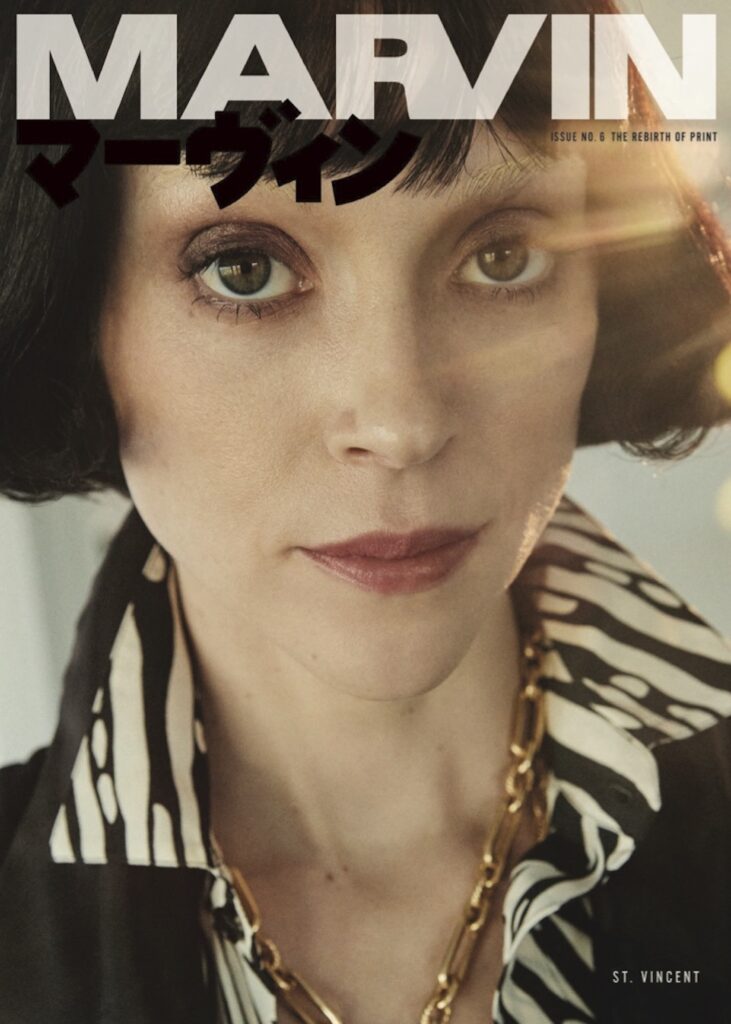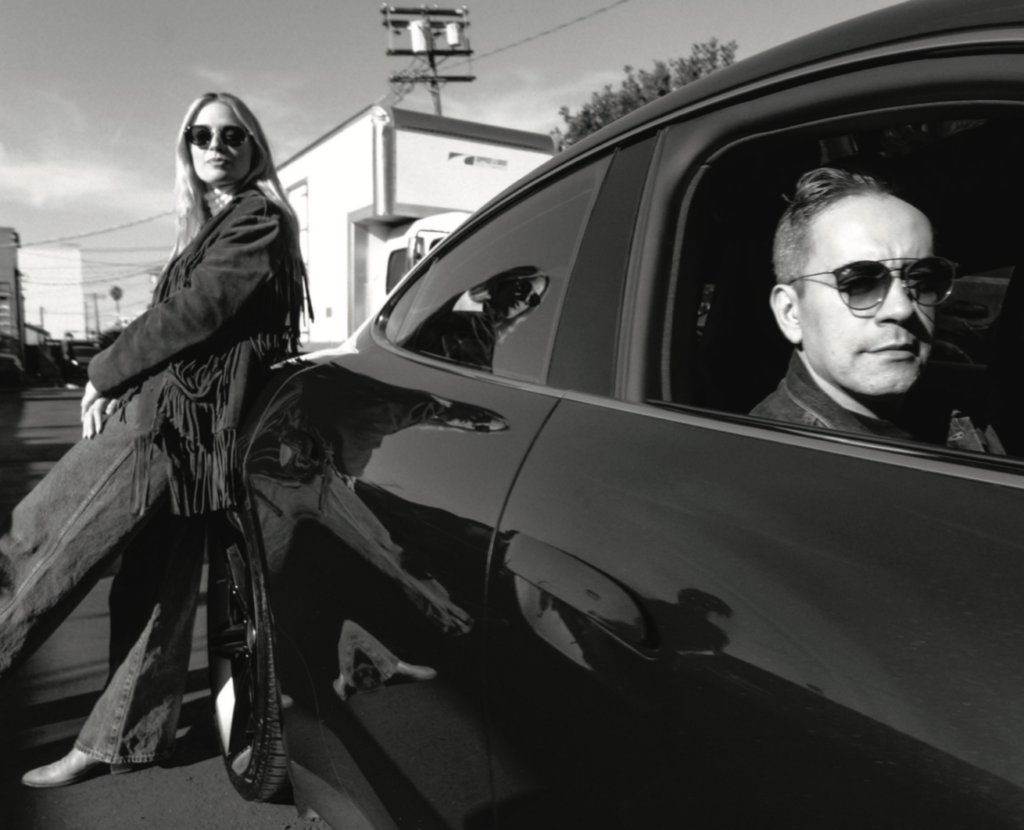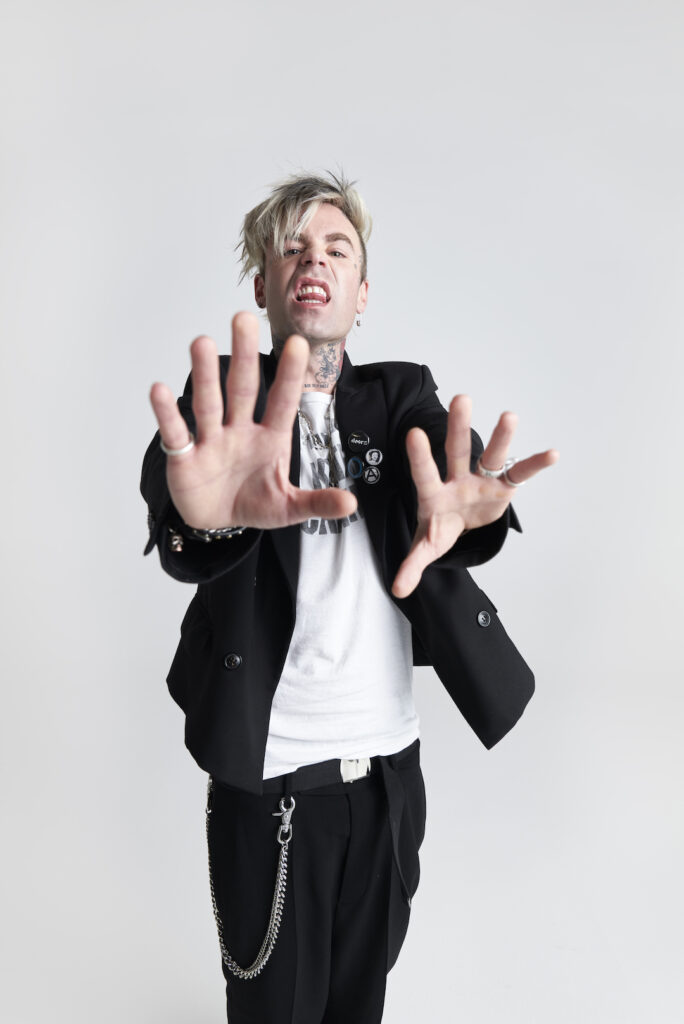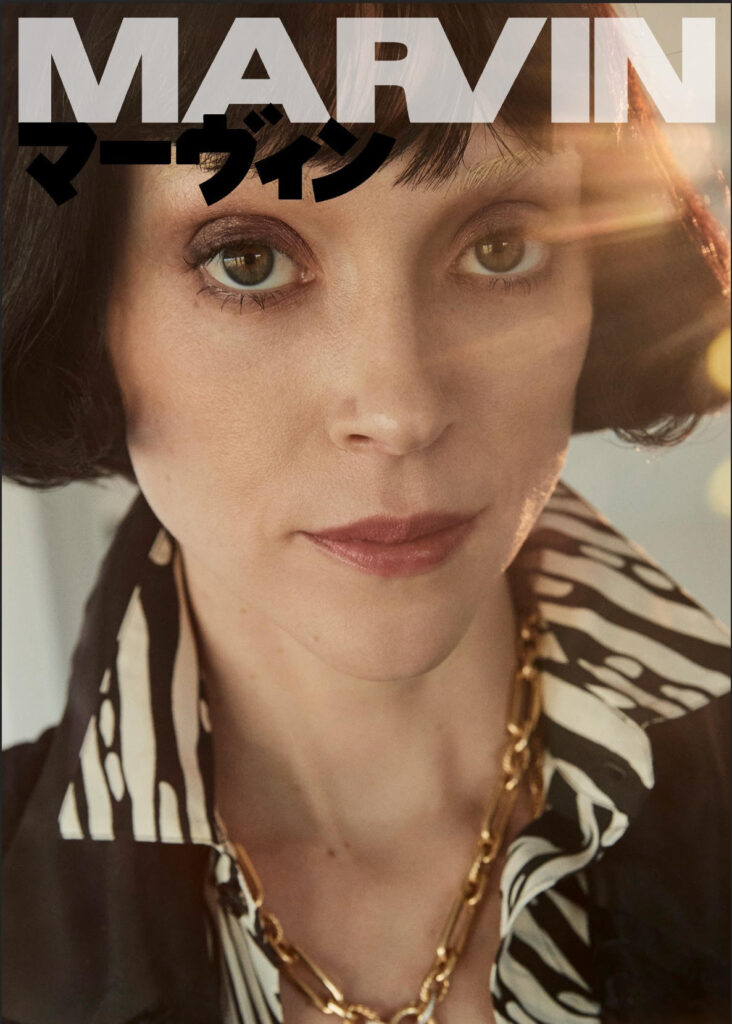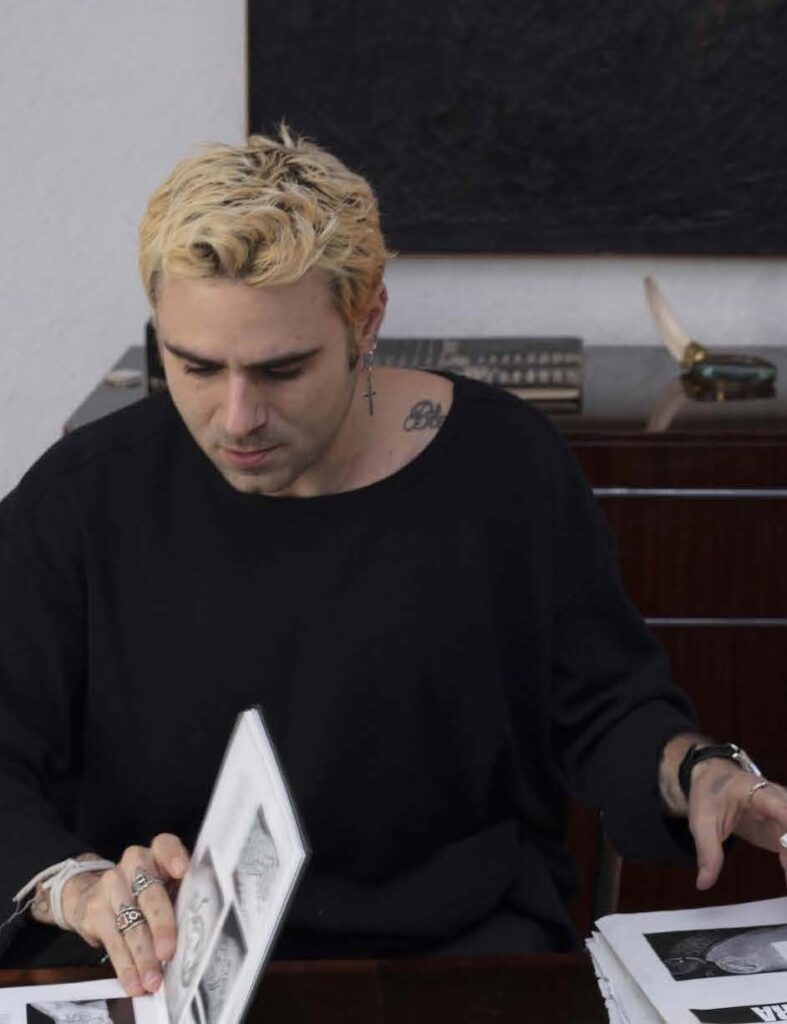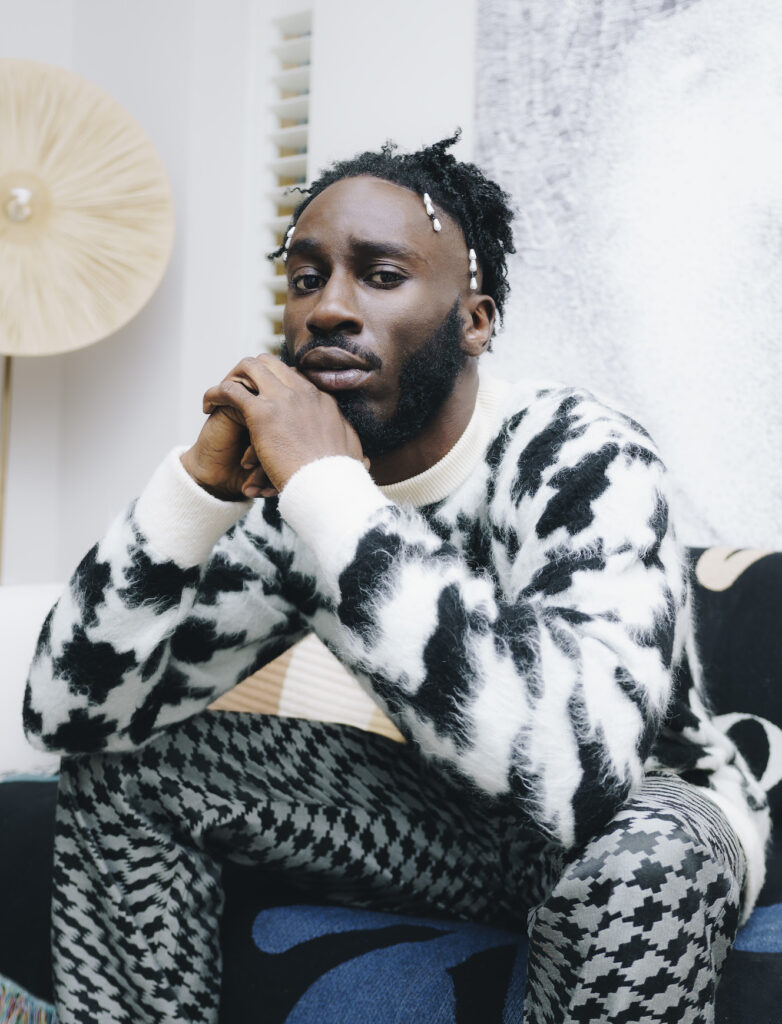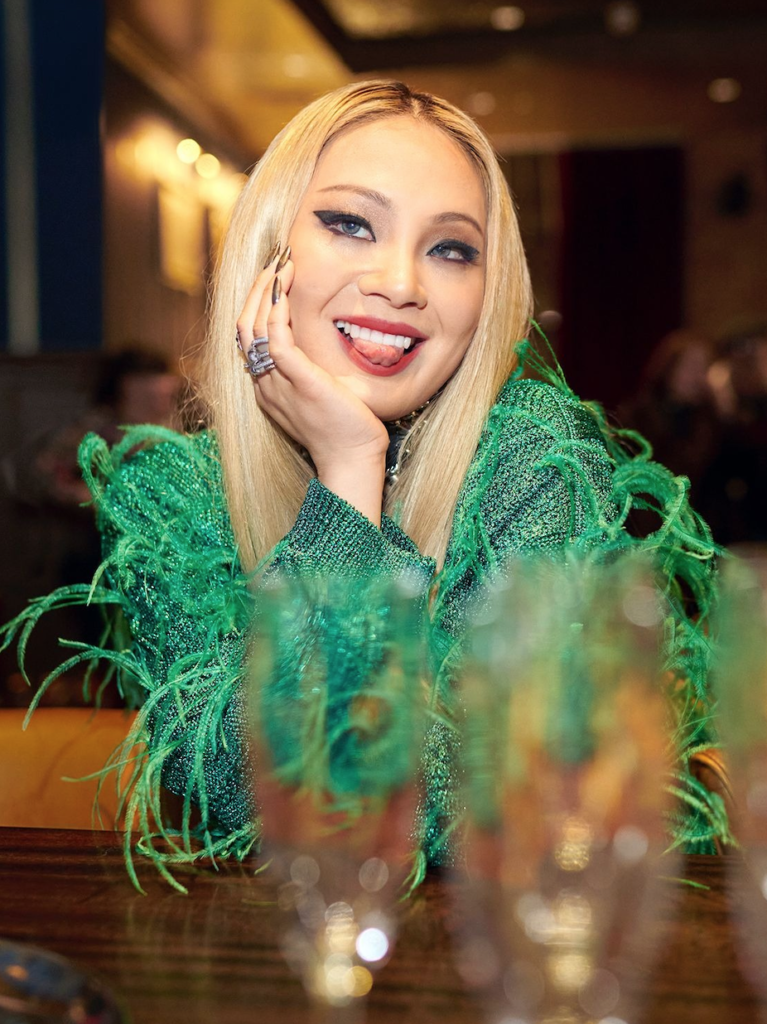Little Gay Brother Takes the Queer Scene in London
Photography by Kiev Ro
Simply put, Little Gay Brother nights are open to any- one, as long as you’re open to everyone. It’s a constantly evolving queer night based (mainly) in London. Founded by promoter Clayton Wright as one of the first queer-friendly spaces on the UK festival scene, their ethos has changed from being festival-specific to a fight for queer spaces, everywhere and anywhere. Over the past 10 years it’s gone from a tent in a muddy field to one of London’s preeminent queer club nights. It’s broken barriers by appearing at, and taking up residencies in, and bringing whole new audiences to venues that had never even thought of having queer nights before. What originated as Clayton dancing on a treadmill to a DJ in a festival tent (for real), is now a multi-room, multi-DJ, choreographed-dancers-on-stage rave. It’s a night where fucking cool people get hot and sweaty, being free as they dance to DJs like Honey Dijon, Eris Drew and Octo Octa, The Blessed Madonna, Eats Ev- erything and Peggy Gou. “Little Gay Brother has a real special quality, that some refer to as ‘magic’ and it’s hard to replicate,” Clayton explains. “It’s a lawless wild place, full of possibilities. We encourage you to lose yourself and have as much fun as possible.”
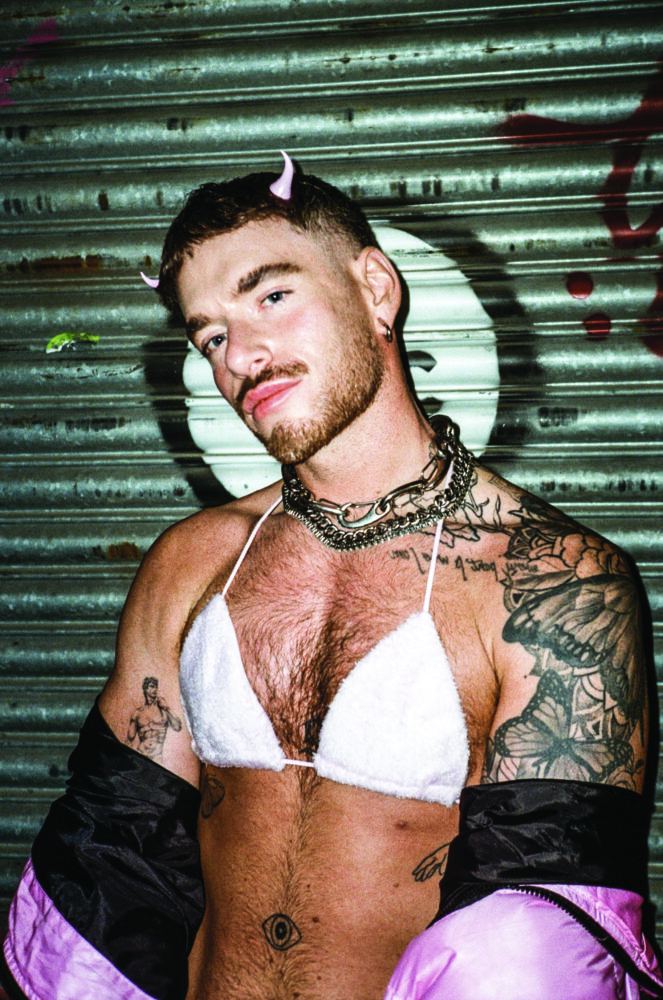
Being quick to evolve has always been at the core of keeping Little Gay Brother relevant. With the sweep- ing pandemic, LGB had to reinvent themselves to stay open. “In the UK everything was seated so we turned what was a rave into a cabaret show,” he explains. “We were constantly throwing ideas at LGB because if you can’t dance, you need to be thoroughly entertained. Now, we’ve come out of that and gone back to the rave. We’re evolving again because a lot of people have for- gotten how to party and we really have to show people how you can break free and let loose. We’ve done a lot of things in the last year. We started another weekly party called Feel It and set up our own festival called Body Movements.” Clayton’s too modest to mention that at the height of the pandemic he also used LGB as a vehicle to launch a campaign to raise funds for Open- ing Doors London, a charity supporting vulnerable over 50s members of the LGBTQ+ community, getting the likes of Olly Alexander, Munroe Bergdorf and the Pet Shop Boys involved.
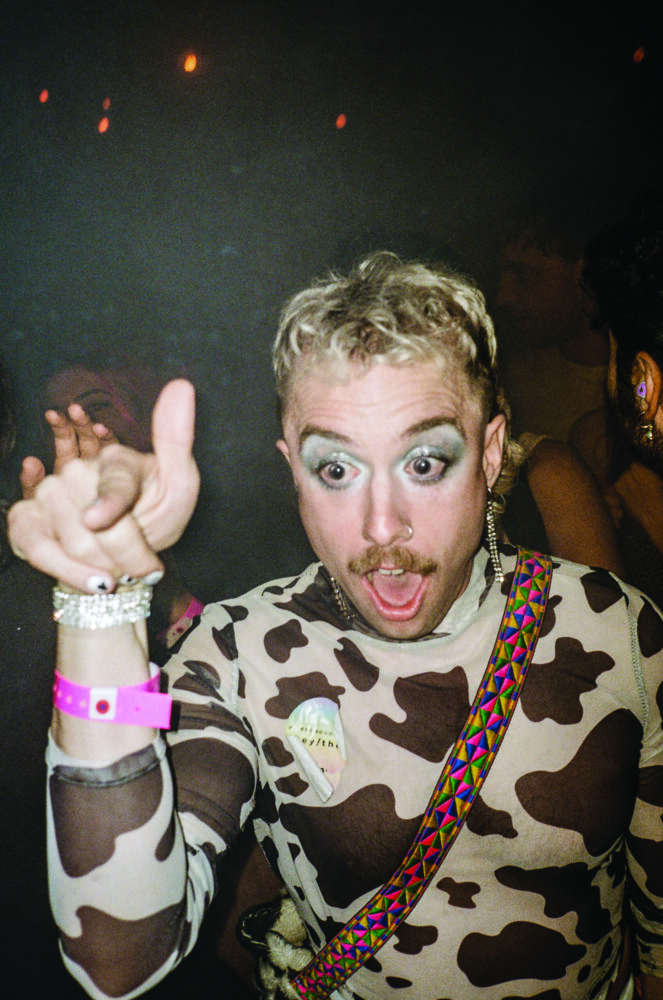
Body Movements is the UK’s first ever queer dance music festival and is spread across a variety of venues in London’s borough of Hackney. It’s a festival that specifically speaks to a queer audience and was launched in a unique way. Nobody knew who was exactly on the lineup.
There’s enough space for us all to be allies but this is something for queer people. So we launched it using all the different various queer dance music crews in the UK. If you knew those crews and were part of those communities al- ready, you would have got a ticket. But if you weren’t, there was no way for you to really ac- cess it. When we released the lineup everyone lost their minds. They were like how have they pulled this massive thing off without telling anyone? We sold out in four days. We couldn’t believe it.
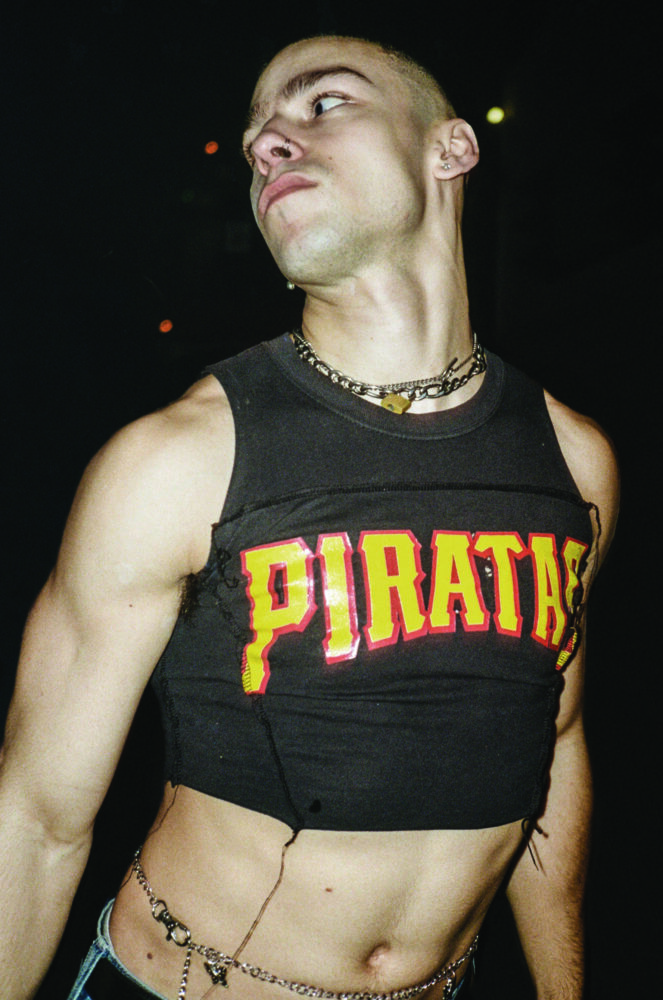
The queer scene in London is very diverse and is becoming ever more diverse. Some may call it fractured and divided but to Wright that’s important because there are so many different facets of queer culture and queer identity. There needs to be a night that talks to everyone. So you can find a night for instance, for South Asian queers, or there’s a night for queer POC and femme-presenting people. There is a night literally for everyone.
Little Gay Brother is actually one of the original, independent queer promoters that have always stepped outside of queer venues to do some- thing unique. And now there are so many different promoters carving out their own space and speaking to a different audience. So it really pushes us to innovate all the time and stay relevant. I think with the rise of all these different promoters, it’s drawing more queer people to come out because they know that they’re seen and celebrated in their differences. There is a night that will talk to them as an individual and if there isn’t yet there probably will be soon. Or they’ll make one. And so they should. Every different community has different needs. It’s great to see queer nightlife flourishing like that.
@littlegaybro
